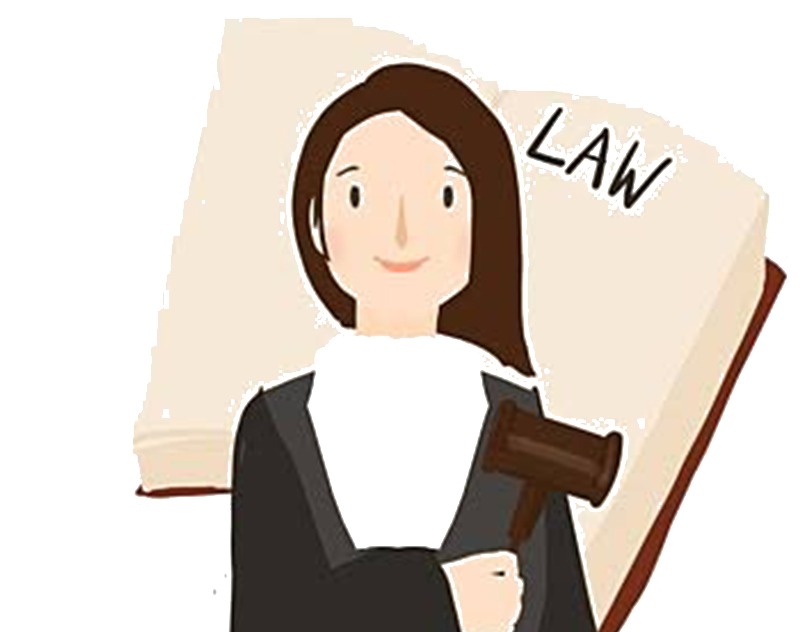Possession of child pornography is a serious crime in Virginia, carrying severe penalties and long-lasting consequences. If you’re researching this topic, you may be asking, "What are the legal ramifications of possession of child pornography virginia?" This article provides an overview of the laws, potential penalties, and why it’s crucial to seek legal representation if you’re facing such charges.
Understanding Virginia’s Laws on Child Pornography
Virginia Code §18.2-374.1:1 governs the possession, reproduction, and distribution of child pornography. The law defines child pornography as sexually explicit visual material involving a minor. Key points include:
- Possession: Simply possessing or accessing child pornography is a felony in Virginia.
- Distribution and Production: Creating or sharing such material carries even harsher penalties.
- Digital Evidence: Possession includes images or videos stored on computers, phones, or other digital devices.
Penalties for Possession of Child Pornography
The consequences of a conviction for possession of child pornography virginia are severe, including:
- Felony Charges:
- Possession is classified as a Class 6 felony.
- Penalties include 1 to 5 years in prison and fines up to $2,500 for a first offense.
- Aggravating Factors:
- Multiple images or repeat offenses can lead to enhanced charges and longer prison sentences.
- Distribution or production of child pornography can result in decades of imprisonment.
- Sex Offender Registration:
- Conviction requires mandatory registration as a sex offender.
- Registration impacts housing, employment, and community involvement for life.
Legal Defenses for Possession of Child Pornography Charges
Facing child pornography charges is daunting, but an experienced attorney can build a strong defense by:
- Challenging Evidence:
- Arguing that the material was downloaded unintentionally or without the defendant’s knowledge.
- Demonstrating flaws in how law enforcement collected digital evidence.
- Proving Lack of Intent:
- Establishing that the defendant did not knowingly possess or access the material.
- Violation of Constitutional Rights:
- Contesting unlawful searches and seizures that violated the Fourth Amendment.
- Examining Technical Errors:
- Highlighting malware, hacking, or other factors that could have led to unintentional possession.
The Importance of Legal Representation
Possession of child pornography charges require an aggressive legal defense. A skilled attorney can:
- Analyze the details of the case and identify weaknesses in the prosecution’s evidence.
- Negotiate with prosecutors to reduce charges or penalties.
- Advocate for alternative sentencing, such as counseling or probation, for first-time offenders.
Long-Term Consequences of a Conviction
A conviction for possession of child pornography in Virginia has far-reaching consequences:
- Employment and Housing: A felony record and sex offender registration can severely limit opportunities.
- Social Stigma: Convictions carry significant societal judgment and isolation.
- Digital Restrictions: Registered offenders often face limits on internet and technology use.
Conclusion
Possession of child pornography is a grave offense under Virginia law, but being charged doesn’t mean a conviction is inevitable. If you’re asking, "What can I do to fight child pornography charges in Virginia?" the first step is to consult an experienced possession of child pornography virginia attorney. Legal representation can make a critical difference in protecting your rights and future.





Comments